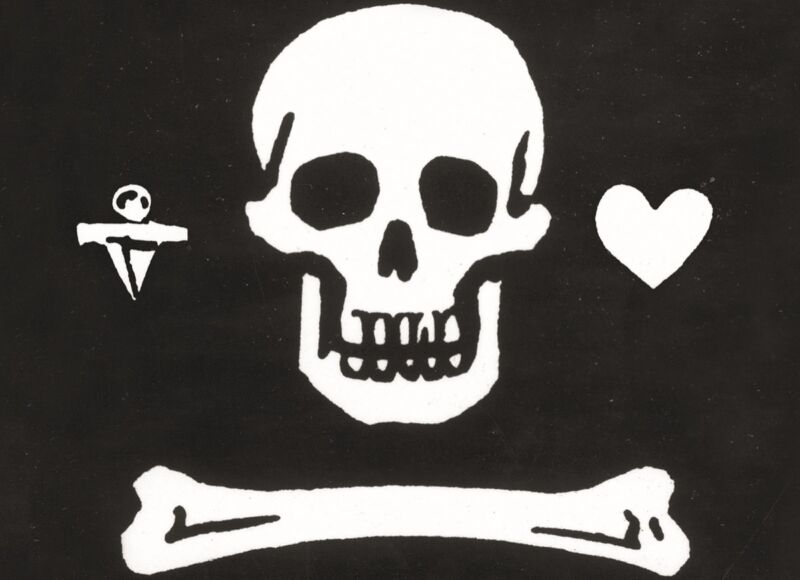
Enlarge
There's rarely time to write about every cool science-y story that comes our way. So this year, we're once again running a special Twelve Days of Christmas series of posts, highlighting one science story that fell through the cracks in 2020, each day from December 25 through January 5. Today: Pirates! Specifically, an interview with historian Rebecca Simon on the real-life buccaneer bylaws that shaped every aspect of a pirate's life.
One of the many amusing scenes in the 2003 film Pirates of the Caribbean: The Curse of the Black Pearl depicts Elizabeth Swann (Keira Knightley) invoking the concept of "parley" in the pirate code to negotiate a cease of hostilities with pirate captain Hector Barbossa (Geoffrey Rush). "The code is more what you'd call guidelines than actual rules," he informs her. Rebecca Simon, a historian at Santa Monica College, delves into the real, historical set of rules and bylaws that shaped every aspect of a pirate's life with her latest book. The Pirates' Code: Laws and Life Aboard Ship.
Simon is the author of such books as Why We Love Pirates: The Hunt for Captain Kidd and How He Changed Piracy Forever and Pirate Queens: The Lives of Anne Bonny and Mary Read. Her PhD thesis research focused on pirate trails and punishment. She had been reading a book about Captain Kidd and the war against the pirates, and was curious as to why he had been executed in an East London neighborhood called Wapping, at Execution Dock on the Thames. People were usually hung at Tyburn in modern day West London at Marble Arch. "Why was Captain Kidd taken to a different place? What was special about that?" Simon told Ars. "Nothing had been written much about it at all, especially in connection to piracy. So I began researching how pirate trials and executions were done in London. I consider myself to be a legal historian of crime and punishment through the lens of piracy."
Read 26 remaining paragraphs | Comments
